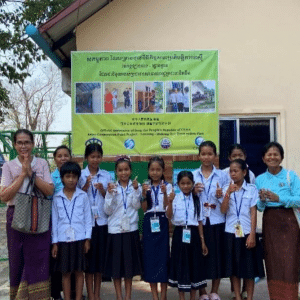Pangolins have not been included in the 2020 edition of “Chinese Pharmacopoeia”, an official compendium of medicine published by the PRC’s Ministry of Health and covering both TCM and western medicine. As reported by the China Health Times (健康时报), pangolins as well as three species of plant that were all included last year are not to be found in the latest edition. Furthermore, the National Forestry and Grassland Administration published a notice on June 5 stating that the level of protection of all species of pangolin would be boosted, with their status raised to “first-level protected wildlife”.
Traditional Chinese medicine makes use of pangolin scales, meat and blood to treat a variety of ailments. For a long time, pangolin scales have been thought to relieve arthritis, improve lactation and soothe wounds, although there is no scientific proof of their efficacy. In fact pangolin scales are made of keratin, the same protein that makes up our own nails. The pangolin is one of the most endangered species of wildlife in the world. According to data from TRAFFIC (国际野生物贸易研究组织), it is also considered to be one of the mammals most trafficked by illegal smugglers.
The outline of the new edition of “Chinese Pharmacopoeia” clearly states that “species whose resources in the wild are depleted, for which there is a lack of products, that present obvious safety and ethical issues or for which there is weak basic research are withdrawn from this edition of the pharmacopoeia.” The withdrawal of species “whose resources in the wild are depleted” can be assumed to be one of the reasons why pangolins are no longer included.
An expert on TCM quoted by the China Health Times pointed out that it is not necessary to use pangolins in the treatment of rheumatisms, and that scorpions, centipedes, and earthworms have been used as substitute. He also claimed that clinical trials have proven that pig’s trotters can replace pangolin scales for the purposes of fighting carbuncles and inflammations and stimulating lactation.



